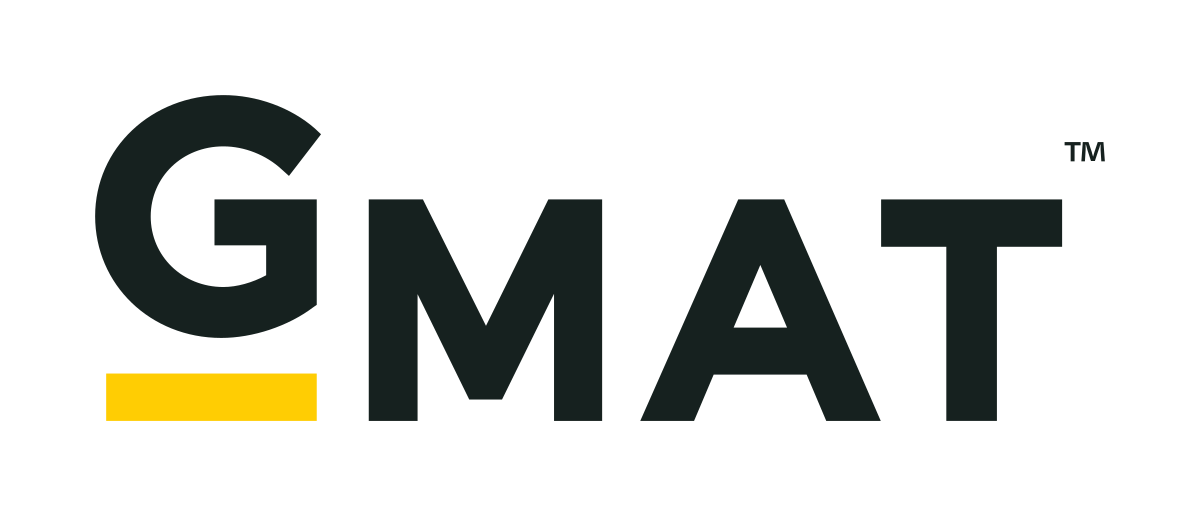Shorter GMAT Exam Coming Soon: Revamped Test to be Nearly One Hour Shorter!
Shorter GMAT Exam Coming Soon:
The Graduate Management Admission Council will abbreviate the GMAT exam by almost an hour, eliminate the essay component, and make all questions multiple choice in response to a sharp fall in standardised test attendance. Since moving from paper to computers in June 1997, the GMAT has undergone numerous changes, but the revised test is the most significant of all of them.
The revamped test, labelled as the GMAT Focus Edition, would only have three 45-minute portions that test takers can complete in any sequence. Moreover, GMAC will let test-takers bookmark and modify up to three answers per section, letting students improve their test-taking techniques. The new test also includes a feature that allows students to choose their programmes after receiving their results, both in-person and online. Each official score report will only include one exam score, providing test takers the freedom to choose whether or not to share earlier results with educational institutions.
The GMAT now has four sections and a duration of three hours, seven minutes, not including optional eight-minute breaks. It will only take two hours and 25 minutes to complete the new test, which has three portions. GMAC is preserving the portions on mathematical reasoning, verbal reasoning, and integrated reasoning but eliminating the 30-minute analytical writing evaluation.
It might be a little bit simpler for test takers if the hardest element of the exam, the quantitative reasoning section, is crammed with time. Currently, it consists of 31 questions and requires 62 minutes to complete. GMAC asserts that the new test will result in shorter test-taker preparation times.
The ‘Easiest Change Since the GMAT Moved From a Paper Test’ is the New GMAT Exam.
Although a date for the new test’s release by GMAC is not yet known, it is most likely before the year’s conclusion. Later this month, we intend to release further information, she said. To receive more information, such as the launch date for the new exam, the organisation is requesting that test takers register. The current exam version will be accessible until the beginning of next year, according to GMAC.
“This is easily the biggest change to the GMAT since it moved from a paper and pencil format to a computer-adaptive format in 1997,” says Stacey Koprince, director of content and curriculum at Manhattan Prep. ‘While there is not yet a lot of information on the GMAT Focus Edition, from what we can see, these are very student-friendly changes. It’s hard to say that an exam that’s one hour shorter will frustrate test takers, particularly when GMAC has also indicated that there will be fewer topics to study. Not including break time, the new GMAT will be more than an hour shorter than the GRE. Test takers will be able to review problems after the fact and change a small number of answers. And there will be no essay. In our opinion, these changes sound great.”
A shorter test, in the opinion of some admissions counsellors, would inspire more potential students to submit applications to business schools. According to David White, a founding partner of Menlo Coaching, which provides tutoring to test takers, “by offering a shorter and more applicant-friendly exam, GMAC may be able to help MBA programmes increase the number of applicants.” People who were on the fence about devoting time to GMAT study may decide to apply after all with this new exam format.






















